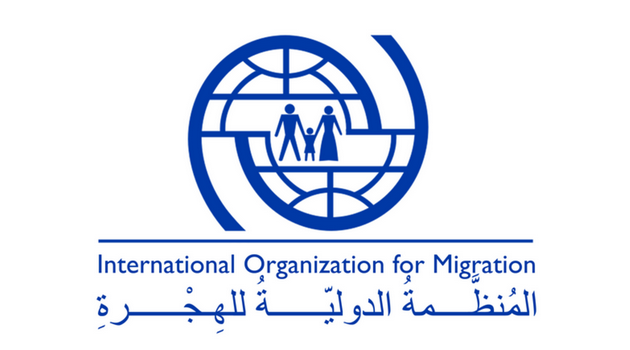This week, IOM, the UN Migration Agency and the Libyan Ministry of Labour took the first steps towards developing a labour migration strategy.
Over three days beginning on Sunday (11/02), the Libyan Minister of Labour and Capacity Building hosted a workshop on developing Libya’s labour market and fostering youth empowerment throughout the country. IOM supported and participated in the workshop.
The event brought together Government authorities such as the Ministry of Planning, Ministry of Education and Ministry of Health, in addition to representatives from the private sector like entrepreneurs and young people. Their discussion focused on the labour market and its role in development. They also examined ways to empower youth into employment, as well as how to develop policies to regulate the labour market.
An overview of labour migration policies was presented during the workshop, clarifying the best practices of labour market assessment, where migrant labour supply is matched to demand. As a result of the workshop, pilot projects to enhance the labour market are expected to be developed.
Following the workshop on labour market assessment and youth empowerment, IOM's Libya team, as well as their regional labour mobility specialist visited the Libyan-Korean Vocational Training Centre in Tripoli, which trains young people to work in the construction sector – supported by funding from the Government of Korea. IOM then met with the Public Employment Office to discuss labour market integration efforts.
As culmination of these activities, a working session was held between IOM and the heads of the main directorates of the Ministry of Labour on Wednesday (14/02) in Tripoli to develop a strategic workplan on labour migration management, while identifying national priorities.
At the end of the meeting, issues related to labour migration and a potential road map to solving them, keeping in mind available capacity, was developed by the participants. “This workshop is very timely, a step towards strengthening labour market integration,” said Suleiman Jumaa, Head of the External Relationship Department of the Ministry of Labour.
"This is a substantial step towards labour migration governance in Libya," said Maysa Khalil, who participated in the meetings from IOM Libya. "IOM worked closely with the Libyan Ministry of Labour from 2012 to 2014 to strengthen capacities and mechanisms to address labour market needs, when a mass exodus of migrant workers, due to the crisis, affected many services.
“IOM continues its support to the Libyan authorities as it moves to re-build the country’s economy and develop its labour force. Establishment of effective labour migration policy and programming will form an essential part of the broader strategy to optimize economic growth while enhancing opportunities for Libyan job seekers and improving conditions for foreign workers,” added Khalil.
(Source: UNSMIL)





